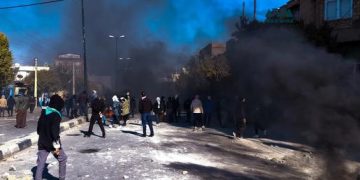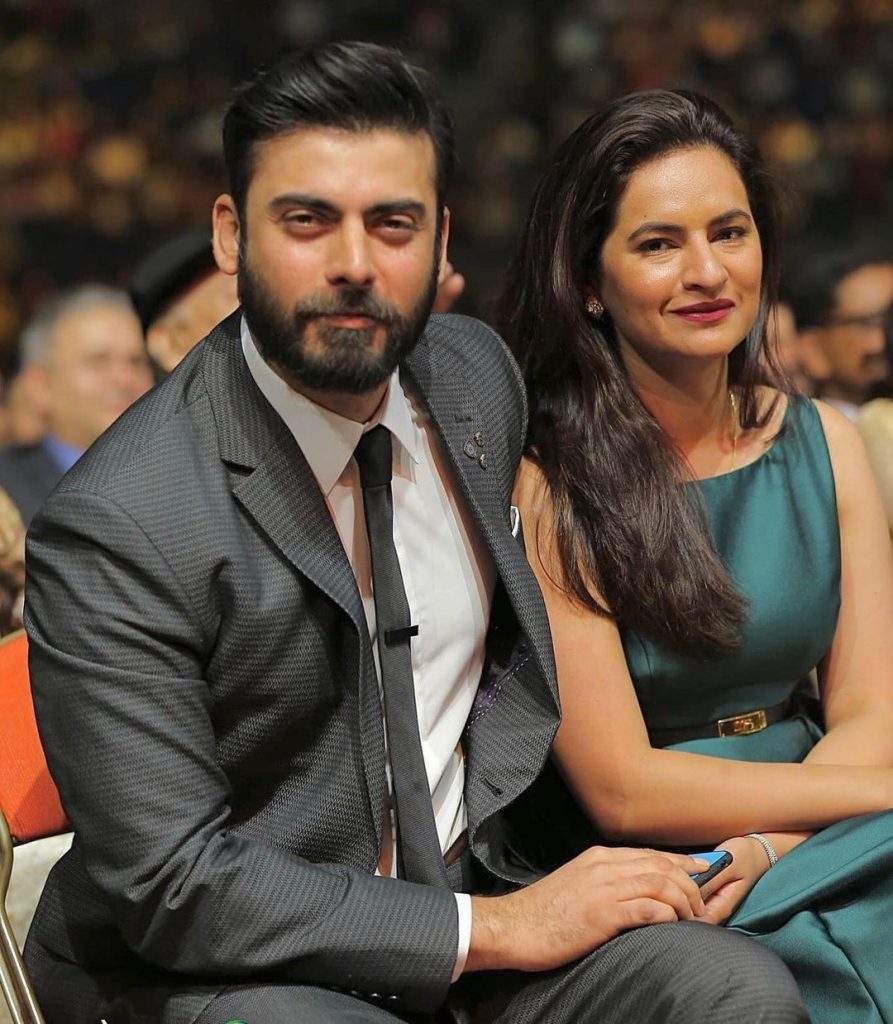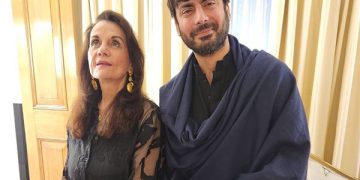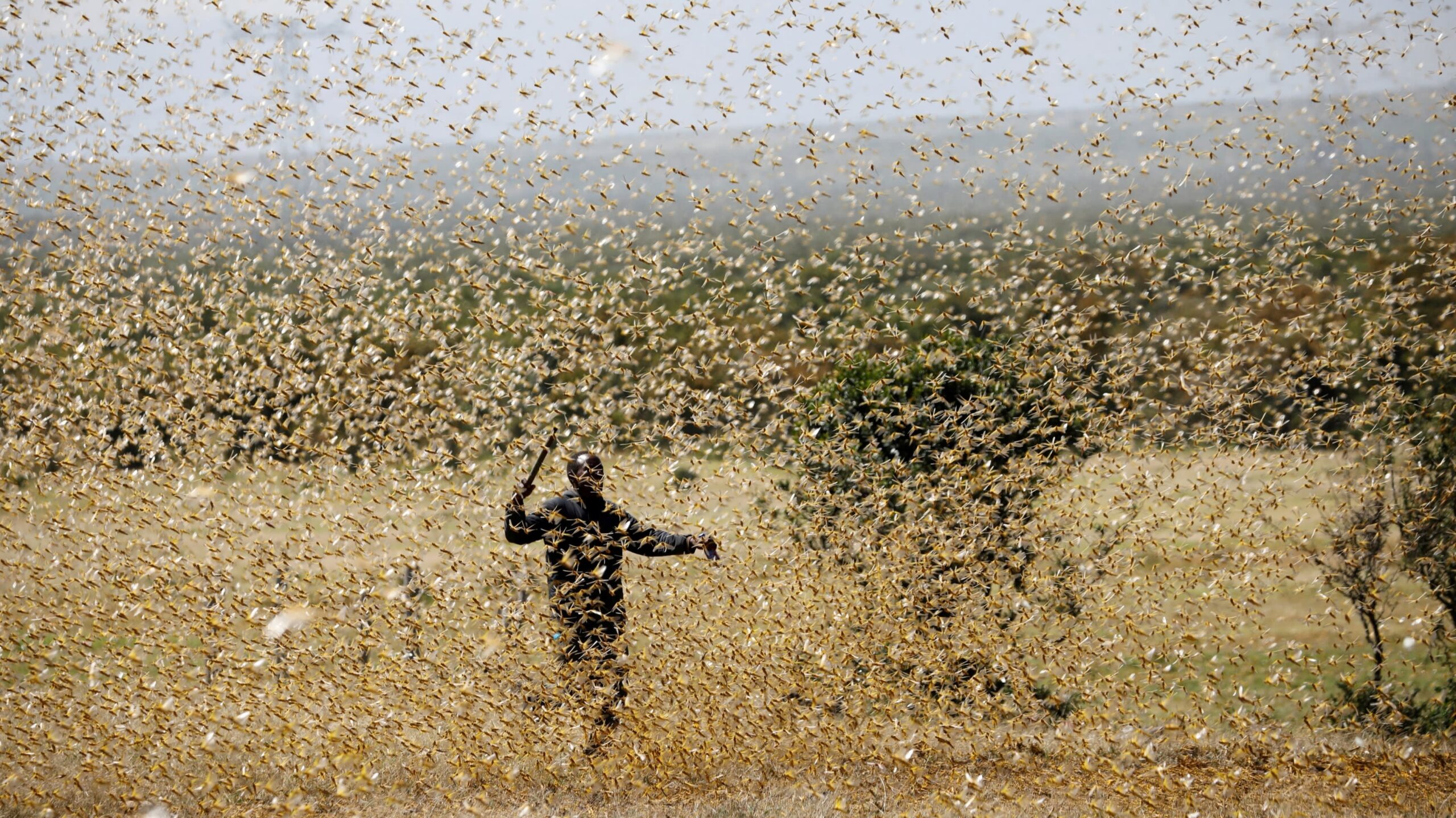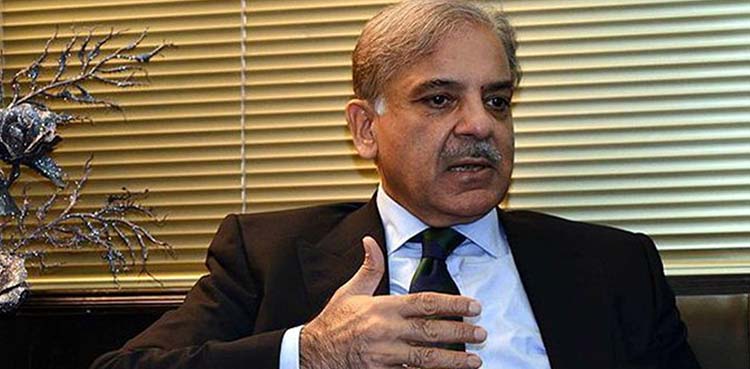The Supreme Court rejected the plea to immediately suspend the recently promulgated review of judgements law, and adjourned the hearing till tomorrow.
The court will continue to hear arguments of lawyers against the review law tomorrow.
A three-member Supreme Court bench was hearing the election commission’s review application in the Punjab elections case.
Chief Justice of Pakistan Umar Ata Bandial headed the bench that also comprises Justice Ijazul Ahsan and Justice Muneeb Akhtar.
The court had issued notices to all the parties, including the Pakistan Bar Council and attorney general. The AGP is expected to apprise the court of the federal government’s stance on the review of judgements law.
Riaz Hanif Rahi, the lawyer missing for a few days, suddenly appeared before the court and asked for his petition to be heard too.
The CJP remarked that the court will first hear arguments on the review petition, adding if the case against the review of judgements law is not strong, they will chart the future course of action.
The ECP said that the petitions should be kept pending till a decision on the plea against the law.
The petitioner told the court that the review law was against Article 10 of the Constitution, and a review was also interference in the judiciary’s independence.
He further maintained that the objective of the practice and procedure and the review laws was the same.
The court also accepted the PTI’s request to become party to the case. Barrister Ali Zafar argued that the Supreme Court had the authority to review judgements, adding Article 188 referred to a review.
Ali Zafar further said there is a perception of the Supreme Court’s decisions being final, while the jurisdiction of a review cannot be the same as that of an appeal.
The purpose of a review is only that there is no error in the original verdict.
The CJP remarked that Article 188 also talks about an act of parliament.
The Constitution does not mention anything about appealing against a Supreme Court decision.
Ali Zafar said the new law has given a review the same jurisdiction as an appeal.
The CJP observed that there is a huge difference between an appeal and a review, and the new law has combined both the actions.
The counsel noted that if such laws are promulgated every now and then, there may be new legislation for a second appeal soon.
The CJP noted that in India, a curative review is fixed in-chamber and takes place on two grounds, while in Pakistan if even Article 187 was included in the review law it will not bode well.
“Don’t you think these matters should be considered with patience than in haste?” he asked. The Supreme Court had on Monday rejected the federal government’s request to constitute a larger bench to hear the Election Commission of Pakistan’s petition.
Chief Justice of Pakistan Umar Ata Bandial had decided to retain a three-member bench headed by him to hear the Punjab elections case. According to the cause list issued by the Supreme Court Registrar’s Office, a bench consisting of CJP Bandial, Justice Ijazul Ahsan and Justice Muneeb Akhtar was to hear the Punjab elections review case today.
Last week, the CJP had declared that the court will hear two cases – the election commission’s review petition against the apex court’s order to hold elections in Punjab as well as pleas against the review of judgments law – together. The top judge said both the cases will be taken up together next Tuesday. The Supreme Court issued notices to the federation on the pleas against the review of judgements law, while further hearing into the ECP’s review plea in the Punjab elections case was adjourned till Tuesday.

